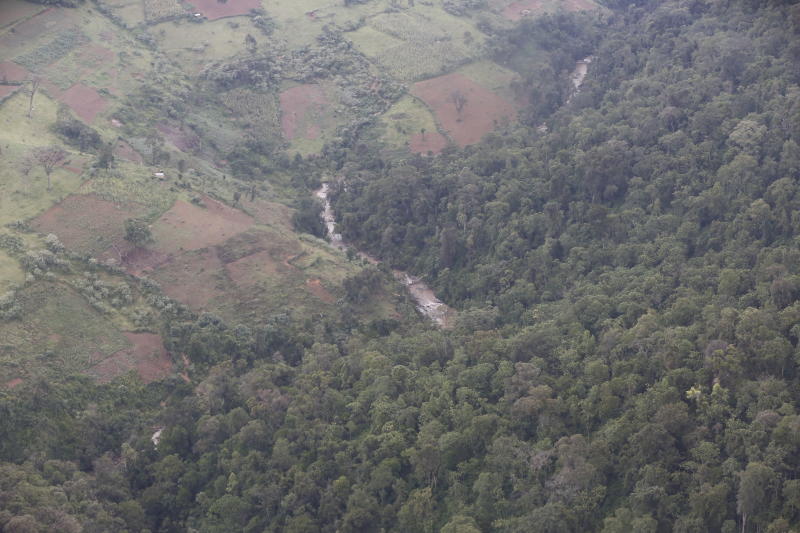×
The Standard e-Paper
Smart Minds Choose Us

Our planet has been in crisis for long. The growing climate emergency threatens not the future of humanity and the entire planet.
It could get worse. Emissions and pollution left unchecked, are projected to contribute to an additional temperature increase of two degrees Celsius by 2050.